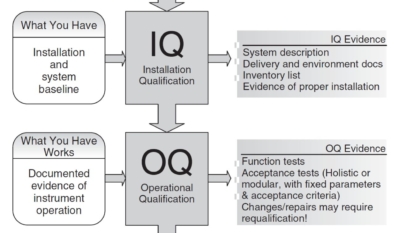Auditing serves several essential purposes, both within an organization and in a broader societal context:
- Financial Integrity and Reliability: At its core, auditing evaluates the accuracy, completeness, and compliance of financial statements. This helps stakeholders—investors, creditors, and regulators—rely on the financial information companies present.
- Enhance Accountability and Transparency: Auditing holds entities accountable for their financial actions. By requiring a third-party review of financial statements, companies are often more diligent about maintaining accurate and complete records.
- Operational Improvements: Besides financial accuracy, internal audits can identify operational inefficiencies, recommend improvements, and share best practices. This can lead to increased productivity and profitability.
- Risk Management: Through identifying and assessing risks, auditors can advise organizations on risk management and mitigation strategies, potentially preventing costly mistakes or oversights.
- Regulatory and Legal Compliance: Audits ensure companies comply with relevant laws, regulations, and standards. This can prevent legal complications, penalties, or reputational damage.
- Protecting Stakeholders: Shareholders, investors, creditors, and employees are vested in the company’s financial health. Audits ensure that the company is presenting its financial situation accurately.
- Fostering Trust: Knowing that a company undergoes regular audits fosters trust among current and potential investors, partners, customers, and other stakeholders.
- Detecting and Preventing Fraud: Through rigorous evaluation processes, auditors can uncover irregularities, misstatements, or fraudulent activities, thus serving as a deterrent for unethical behaviour.
- Objective Insight: Auditors provide an independent and objective perspective. This external viewpoint can sometimes spot issues that might have been overlooked internally.
- Facilitate Capital Formation: Reliable financial information makes it easier for companies to obtain funding or investment. When investors are confident in a company’s financial health and honesty—thanks, in part, to auditing—they’re more likely to invest.
In essence, auditing is a crucial element in the financial ecosystem that promotes transparency, accountability, and trust, facilitating the smooth operation of capital markets and economies.


















